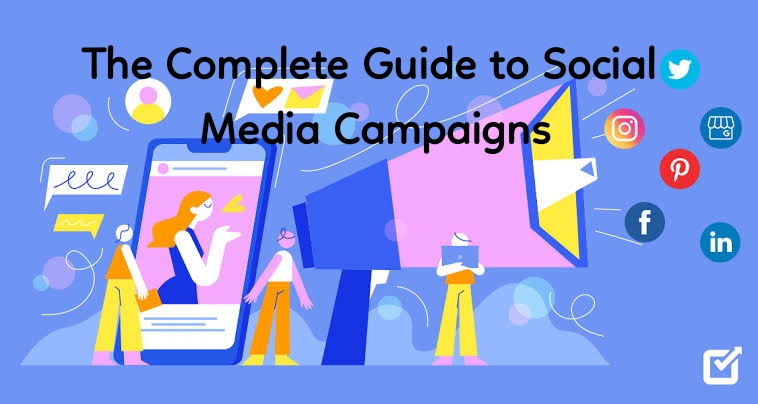Starting a new business is exciting, but let’s be honest, it’s also scary. You have a great product or service, but no one knows about it yet. That’s where having the right marketing strategy for startups comes in. In this blog post, I’ll explain in simple terms what works, why it works, and how you can use it to grow your business, even if you’re on a tight budget.

You might be thinking, “Can I really market my business without spending too much?” Absolutely. You don’t need a huge budget, what you need is a smart plan and the willingness to be consistent. Besides, the right marketing strategy for startups helps you reach the right people, build trust, and grow fast, all while making the most of your limited resources.
Let’s explore the strategies that are proven to work, especially for new businesses like yours.
Simple and Effective Marketing Strategies for Startups
Know Your Target Audience
Before you do anything, figure out who your product or service is for. This step is the foundation of every marketing strategy for startups.
Here is how to do it:
- Ask: Who needs what I’m offering
- Learn where they enjoy online (Instagram, LinkedIn, WhatsApp?)
- Find out what problems they need solved
You need to understand that marketing to everyone is like shouting into the wind. But when you market to a specific group, your message becomes clear and powerful.
Use Social Media Smartly
Social media is free, and when used right, it can be the heart of your marketing strategy for startups. But instead of trying to be everywhere, focus on the platforms your audience uses the most.
You can also:
- Share behind-the-scenes content, tips, and customer stories
- Use reels, carousels, or live sessions to boost engagement
- Respond to comments and DMs quickly because that’s how you build a relationship and relationships matter!
Start with Content Marketing
Creating valuable content like blog posts, videos, guides, or even memes helps you attract and build trust with your audience. This is a long-term marketing strategy for startups that pays off over time.
For example: If you run a skincare startup, start a blog or Instagram page sharing tips, myths, routines, or product demos.
Now, people don’t like being sold to, but they love learning new things. So, if you teach them something useful, they’ll remember your brand.
Build an Email List Early
Many startups skip this, but it’s one of the best things you can do. Email marketing helps you talk directly to your audience without worrying about social media algorithms.
How to build your list:
- Offer something free (like a guide or discount) in exchange for emails
- Send helpful tips, updates, or behind-the-scenes content weekly
This is a powerful marketing strategy for startups because it keeps your brand in people’s minds.
Leverage Influencer or Word-of-Mouth Marketing
People trust people. That’s why partnering with small influencers or getting loyal customers to spread the word works wonders for startups.
So this is what you can do:
- Send free samples or trials to nano/micro-influencers
- Encourage satisfied customers to leave reviews or tag you online

Track What’s Working (and What’s Not)
One smart way to improve your marketing strategy for startups is to always test and track your results. Use free tools like Google Analytics, Meta Insights, or even Instagram stats.
This is very helpful because you’ll know what content people love, what times to post, and where most of your customers come from, so you can double down on what works.
So, it’s up to you!
Finding the best marketing strategy for startups doesn’t mean doing everything at once. Start with one or two strategies that fit your goals, budget, and target audience. Focus on building relationships, creating value, and staying consistent.
Even the biggest companies started small and what helped them grow was having a clear message, smart marketing moves, and the patience to keep showing up.So, don’t wait. Pick a strategy today, take action, and start telling the world about your amazing startup.
Remember that the right marketing strategy for startups is not about being loud, it’s about being clear, consistent, and connected.
Benson is a Senior Digital Strategist at Albanny Technologies with over 5 years of experience in high-end web development and technical SEO. Specializing in helping Nigerian businesses scale their digital footprint, he translates complex technology into actionable growth strategies. When he’s not auditing site performance, he’s mentoring the next generation of tech talent in West Africa














